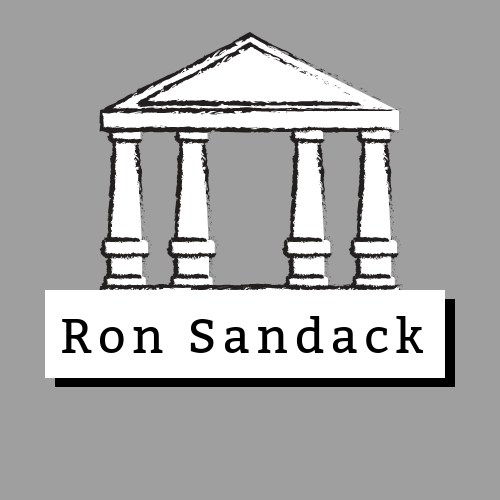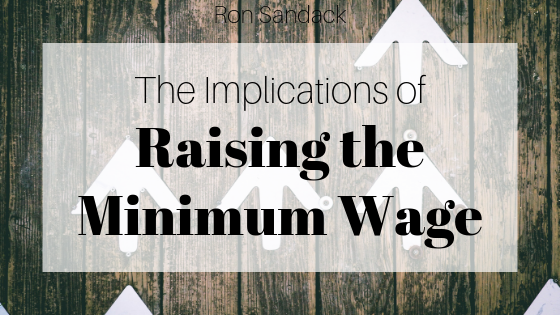The hot topic in Illinois right now is the new minimum wage hike to $15.00 an hour. Newly elected Governor JB Pritzker had made raising the state’s minimum wage — which is higher than the federal minimum wage right now — a top priority, fast. And he has succeeded. Seems simple, right, you raise the minimum wage and lower earners suddenly make more money! Well, no, there are many implications that could arise that are not benefits and we should talk about them.
A little bit of background on the system. The current minimum wage sits at $8.25 across most of the state with the exception of Chicago and Cook County. Their minimum wages currently sit at $12.00 and $11.00 per hour respectively. In 2017, legislation was proposed to raise the minimum wage to the new standard of $15.00 an hour that has been set by California, Washington, and New Jersey. The proposed this change to take place over the course of a couple years, completing in 2022. Fortunately, this bill was vetoed by then Governor, Bruce Rauner.
Now we are experiencing a bit of deja vu with a longer timeline. One of the biggest differences about the current minimum wage bill is that the current Governor, JB Pritzker, had made the increase of minimum wage, in almost breakneck speed, one of his administration’s priorities, so I am pretty sure that is one of the reasons it was so quickly accepted. The legislation that was passed on the 14th raises the minimum wage to $15.00 over the course of the next six years, hitting the max in 2025.
The Taxpayers’ Burden
Raising the minimum wage across the state does not only raise the wage of private sector workers. This rise will also count for government employees. According to Illinois Policy, this will add an additional burden to the taxpayer due to about 1.1 billion dollars in increased state worker salaries. Which in turn, will probably lead to higher taxes in different sectors, like property taxes.
Employment
This spike in minimum wages is not something that businesses will just swallow whole in their budgets. It will most likely lead to a cut back on the number of employees that are kept on in a company. There have been studies that have shown that spike in minimum wages ultimately decreases the rate of employment over time. For example, after Seattle enacted its high minimum wage, their employment rate dramatically slowed and is expected to decline by about 10%.
Additional Implications
Businesses, especially small ones, are likely to take this increase to their expenses and shift it to their customers, simply because they have no other choice. Therefore, price hikes for products will be very likely. Workers in current positions will likely have more work piled on to their workload instead of hiring additional lower-wage positions. This could lead to burn out pretty quickly. Another possible implication is the implementation of heightened technology into industries to reduce the number of human workers that are needed.
The rise of the minimum wage will cause a ripple effect across the businesses and finances of Illinois. Because of it, we are likely to see higher prices in our local business, potentially higher taxes to make up for the deficits, and a decline in employment rates. At least Governer Pritzker made his deadline though.

